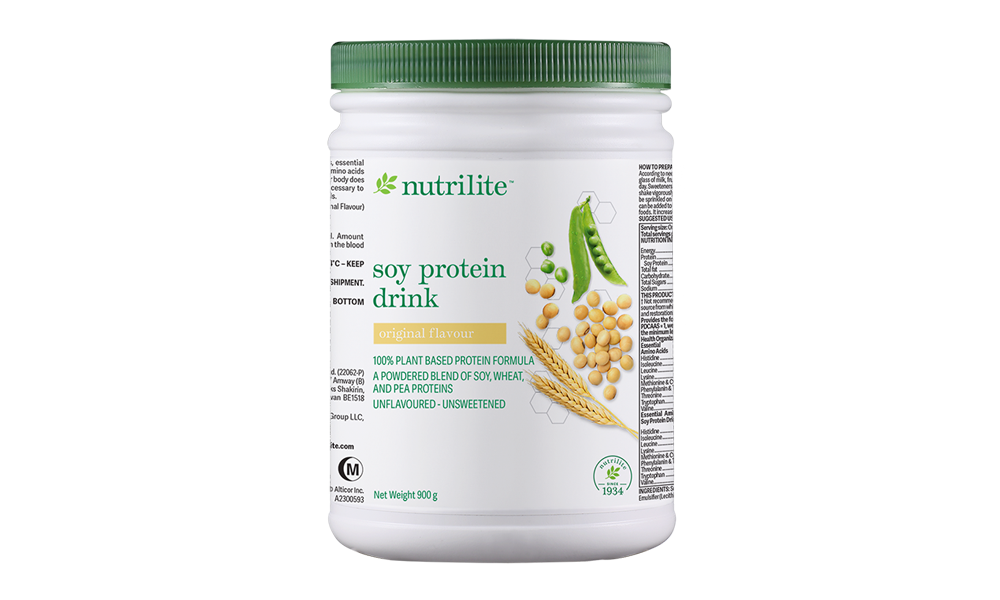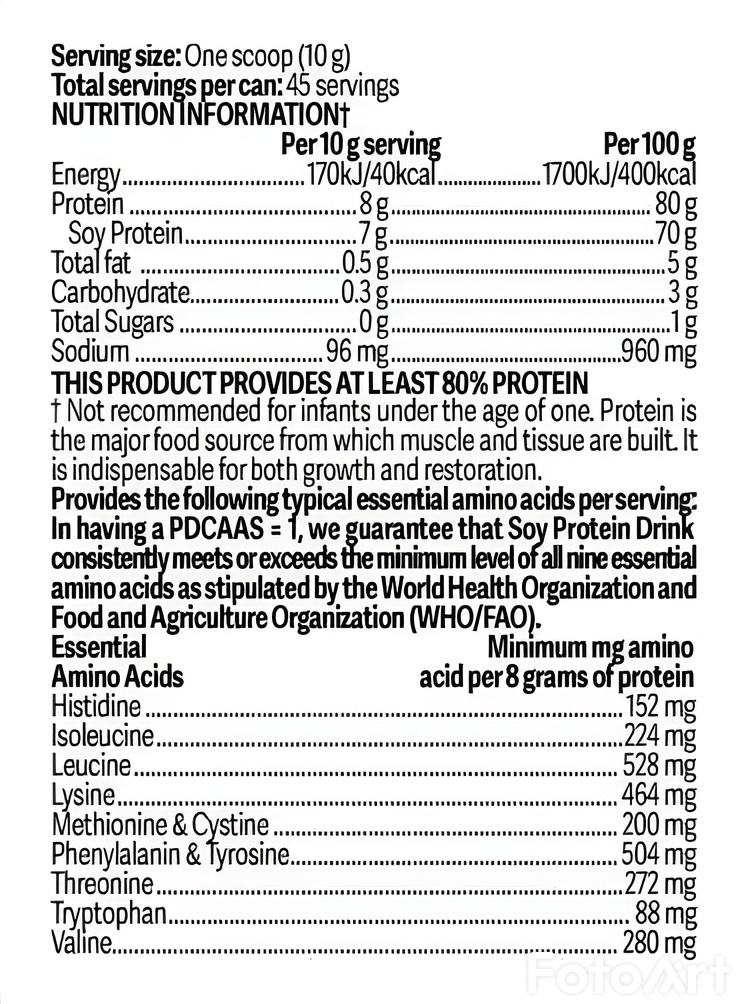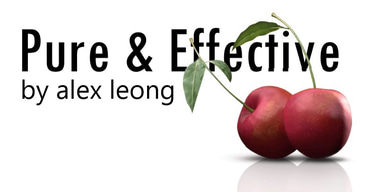

Protein: Not Just for Gym Junkies!
Protein often gets pegged as the go-to supplement for gym buffs or those on a weight loss mission, but let’s bust that myth right now! Protein is essential for everyone, not just the fitness fanatics. Our bodies are made up of trillions of cells, each relying on proteins and amino acids to function properly.
From supporting cellular health and healing to maintaining vibrant skin and overall wellness, protein is a critical building block. It helps build and repair body tissues, is essential for growth and development, and provides necessary amino acids for protein synthesis. Because your body does not store excess protein, daily intake is necessary to ensure you get all the protein you need.
Think of it this way: your DNA, muscles, and even your immune system all depend on these vital nutrients. So, protein isn’t just for those pumping iron; it’s for anyone looking to support their body at the cellular level.
Quality Over Quantity
Now, you might hear people say, “I’m already eating enough protein, so I don’t need supplements.” But here's the kicker: it's not just about quantity; it's about quality! Enter the PDCAAS (pronounced Pee-Dee-Kass) or Protein Digestibility Corrected Amino Acid Score.
A perfect score of 1.0 indicates the protein provides all nine essential amino acids your body needs but can't produce on its own, alongside being fully digestible. (See the protein supplement label example below.)
However, it's crucial to note that some brands may list out all amino acids without indicating which are essential. This can lead consumers to believe that more amino acids listed mean better quality, when in fact, without a PDCAAS score, this list may just be a marketing gimmick. Understanding the PDCAAS score is key as it directly assesses the protein's nutritional value.
Transparency and Purity Matter
Here’s a crucial point: many brands claim their protein powder has a PDCAAS of 1.0 but fail to provide full transparency about their amino acid profile and the actual score on the product label.
Transparency is key! You deserve to know exactly what you're consuming. When choosing a protein powder, don’t just rely on bold claims—look for products that clearly disclose their PDCAAS score and list the essential amino acids on the label.
Ensure the product is non-GMO, organic, and undergoes third-party testing to guarantee purity and safety. Verifying these details not only ensures quality but also peace of mind that you're nourishing your body with a reliable supplement.
Purity and traceability are crucial in ensuring the safety and effectiveness of supplements. (The soy and yellow peas in Nutrilite's Soy Protein Drink need cooler growing temperatures than they have at their Nutrilite™ farms, so they source theirs from NutriCert™ certified organic partner farms in the Normandy region of France.)
Isolated Soy Protein Powder vs. Soy Powder
Isolated soy protein powder is a refined form of soy that removes most fats and carbohydrates, resulting in a high-protein, lactose-free product. It’s incredibly versatile, making it easy to add to shakes, smoothies, or baked goods without altering the taste. With around 8g of protein per 10g serving, it’s an excellent choice for boosting protein intake without extra calories from fats or carbs.
In contrast, regular soy powder is less refined and retains more of the whole soybean's components, including fats and carbs. For example, 10g of regular soy powder provides approximately 2g of protein. Its distinct soy flavor can limit versatility, as it may not pair well with all foods or drinks.
While both have their benefits, isolated soy protein offers a more concentrated protein source, which can be particularly beneficial for those with specific dietary needs or preferences.
Protein and Heart Health
Did you know that plant-based proteins like soy protein isolate can help reduce LDL (bad) cholesterol, contributing to heart health? Consuming 25 grams of soy protein per day supports this benefit. Unlike eggs and other animal-based proteins, soy protein doesn't contain cholesterol, making it a heart-friendly choice.
While the scientific evidence is supportive, individual results may vary. Additionally, incorporating high-quality protein into your diet not only aids in muscle gains but also plays a role in maintaining a healthy heart by improving muscle mass and metabolism.
But there’s more! Recent research has spotlighted soy isoflavones, a component of soy protein, for their potential to further benefit heart health. A comprehensive meta-analysis has shown that soy isoflavone supplementation can lead to significant reductions in both systolic and diastolic blood pressure. This effect was particularly notable in interventions lasting six months or more, and in individuals with metabolic syndrome or prehypertension.
So, adding soy isoflavones to your diet might offer an extra boost to your heart health, making them a powerful ally in managing blood pressure and supporting overall cardiovascular wellness.
Protein and Stress
Protein plays a crucial role in helping your body manage stress. It supports cellular repair, boosts the immune system, and maintains energy levels, all of which are essential during physically or emotionally demanding periods. High-quality protein sources like eggs, lean meats, and plant-based options (such as soy protein) are excellent choices to help your body cope. Additionally, soy protein isolate offers an extra benefit: its antioxidant properties can help combat oxidative stress, further supporting your body’s resilience.
Not all proteins are created equal, though. During stressful times, prioritizing high-quality protein with a PDCAAS of 1—indicating 100% digestibility and a complete amino acid profile—ensures your body gets all nine essential amino acids it needs to function optimally. While not all soy protein products meet this standard, those that do, like high-quality soy protein isolates, can make a significant difference in how well you recover and adapt to stress.
Balance is Key: Soy and Moderation
While soy isoflavones have been praised for their heart health benefits, some people worry about their potential estrogen-like effects, especially men concerned about hormonal imbalances. However, current research, including a comprehensive meta-analysis, shows that soy isoflavones do not significantly impact estrogen levels in postmenopausal women and likely act as selective estrogen receptor modulators (SERMs).
This means they can provide benefits (like reducing blood pressure and supporting bone health) without the risks associated with estrogen. For men, moderate soy consumption is unlikely to cause hormonal issues, making soy a safe and effective addition to a heart-healthy diet.
That said, balance is crucial. Overdoing protein intake—particularly through supplements or high-protein diets—can strain the kidneys, disrupt digestion, and lead to nutrient imbalances. Over time, it may also contribute to dehydration and increased acidity in the body. For individuals with specific health concerns, such as low blood pressure or kidney issues, excessive reliance on protein powders or supplements can be counterproductive.
How Much Protein to Take
Average Adults: Aim for 0.8 grams of protein per kilogram of body weight (e.g., 56 grams for a 70 kg person). This is the bare minimum to prevent deficiency, but insufficient for optimal health.
Ideal Amount: Aim for 1.0 gram per kilogram of body weight (e.g., 70 grams for a 70 kg person). This amount aligns with the Recommended Nutrient Intake (RNI) suggested by the Ministry of Health (MOH) in 2017. It helps combat muscle loss, supports muscle repair, boosts immune function, aids recovery, and promotes overall health.
Athletes or Heavy Training: Endurance athletes or those engaging in intense strength training may need 1.2–2.0 grams per kilogram of body weight (e.g., 84–140 grams for a 70 kg person). This higher range helps meet the demands of heavy physical activity.
Conclusion: Protein for Overall Wellness
Protein is much more than a gym enthusiast’s supplement—it’s a versatile and high-quality source of essential nutrients that supports everything from cellular health to overall wellness. Whether you’re an athlete, a busy professional, or simply aiming to live a healthy lifestyle, incorporating high-quality protein sources into your diet can offer significant benefits.
Also, choose wisely, prioritize transparency, and make sure you’re fueling your body with the best possible nutrition. And remember, balance is the key to unlocking protein’s full potential.




